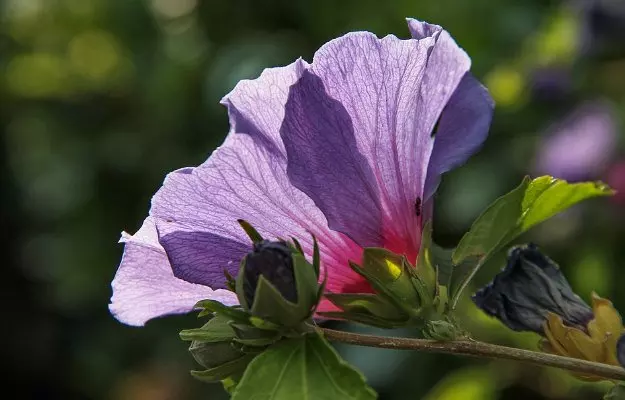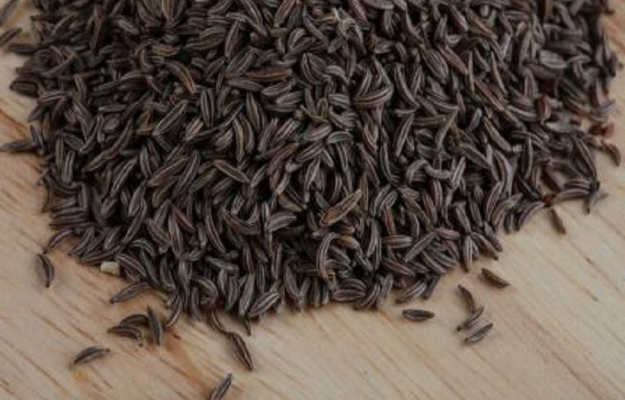Hibiscus, also called Rosemallow or China rose, is commonly cultivated as an ornamental shrub because of its colourful flowering.
Hibiscus plant belongs to the family Malvaceae of the order Malvales. It is indigenous to the tropical and subtropical regions of the world where the genus is widely distributed.
The evergreen shrub with glossy leaves usually grows up to 5 metres upon which the flowers are borne solitarily. The flowers of Hibiscus plant are usually large and have bright colours such as red, yellow, orange, white and purple. The most common variety, Hibiscus rosa-sinensis, bears bright red flowers.
Apart from being beautiful, hibiscus plants find a variety of uses in traditional medicine. The part of the plant mostly employed in medicinal uses is the Hibiscus flower. Diseases and conditions such as indigestion, anxiety, scurvy and even fever are treated by the consumption of the flower as directed by an Ayurveda professional.
Some Basic Facts About Hibiscus
- Botanical Name: Hibiscus rosa-sinensis
- Family: Malvaceae
- Common Name: China rose, Rosemallow
- Sanskrit Name: Javaa, Rudhrapushpa, Japaa, Arunaa, Odrapushpa
- Parts Used: Flowers (Petals)
- Native Region and Geographical Distribution: Native to tropical and subtropical regions of the world.


























